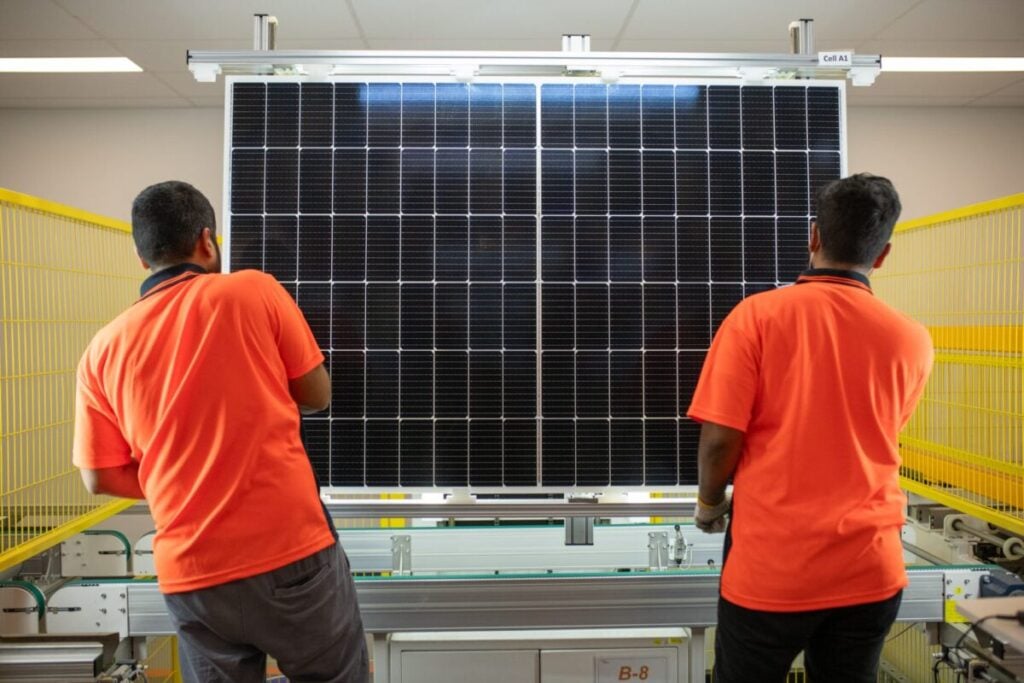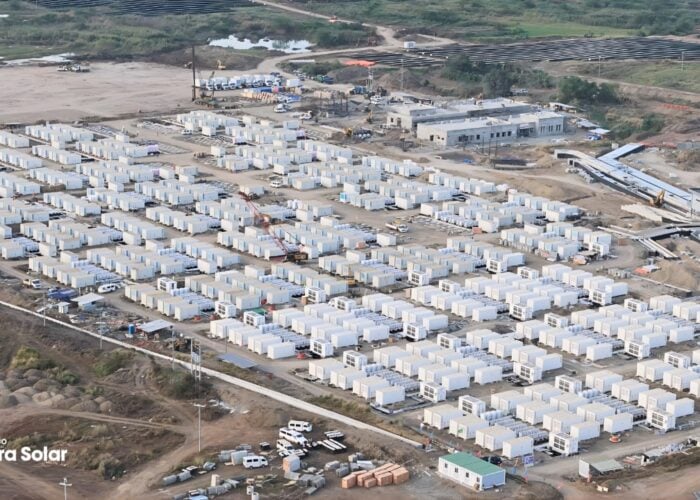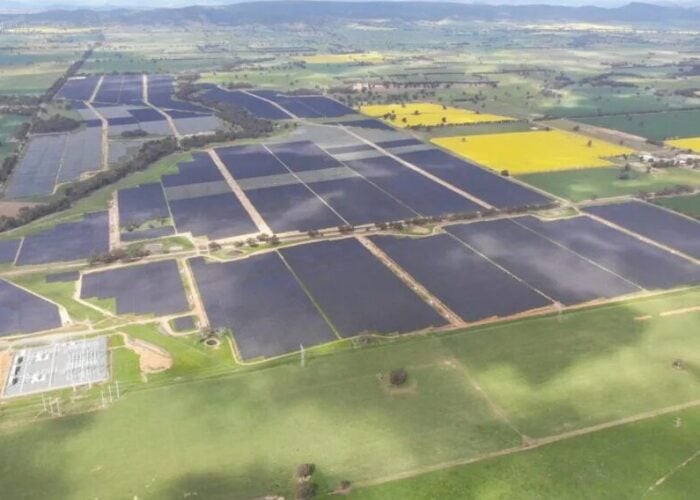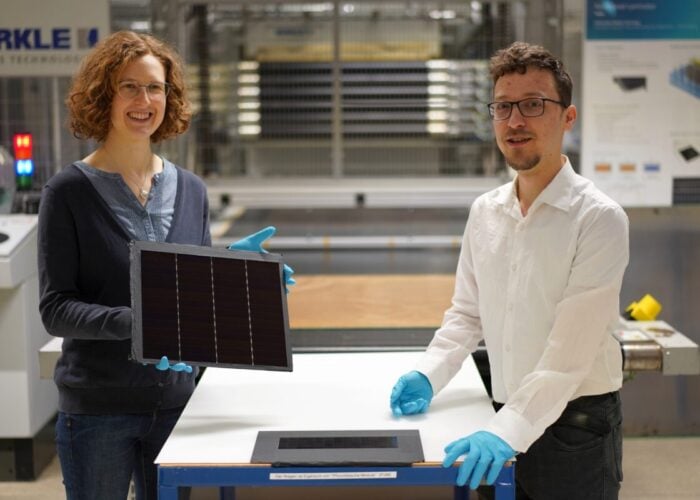
Australia’s federal, state and territory governments have agreed to develop a national solar PV module reuse and recycling scheme.
During a meeting of the Energy and Climate Change Ministerial Council in Sydney last week, the respective energy ministers agreed to develop a national mandated scheme to prevent solar modules from ending up in landfills and instead direct them towards remanufacture or recycling.
Try Premium for just $1
- Full premium access for the first month at only $1
- Converts to an annual rate after 30 days unless cancelled
- Cancel anytime during the trial period
Premium Benefits
- Expert industry analysis and interviews
- Digital access to PV Tech Power journal
- Exclusive event discounts
Or get the full Premium subscription right away
Or continue reading this article for free
New South Wales, which has earned praise across Australia’s renewables industry for developing a battery regulation legislation, will lead preliminary work on a regulatory impact statement with other jurisdictions.
According to the New South Wales government, the draft aims to assist the federal government in evaluating options for a national mandatory product stewardship scheme that could stimulate a national recycling and reuse sector for solar panels and their batteries.
Commenting on the proposed national solar module reuse and recycling scheme, Penny Sharpe, the New South Wales minister for energy and the environment, believes a unified approach will help tackle one of the biggest challenges facing Australia’s renewables industry.
“This work builds on the momentum of our nation-leading reform on batteries, and the new legislation already in place in New South Wales to enable a mandatory product stewardship scheme – ensuring suppliers take responsibility for the safe design, recycling and disposal of their products,” Sharpe added.
Australia’s Smart Energy Council estimates that around one-third of solar PV modules could be re-used instead of being thrown away. This could contribute up to 24GW of energy by 2040.
Solar module recycling in Australia
Given Australia’s strong solar credentials and anticipated growth in the coming years and decades, it is crucial to establish module recycling facilities across the country. This will help maintain a circular economy and safeguard against the shortage of rare materials, such as copper and silver.
Indeed, highlighting the extent of the issue, Potentia Energy, a joint venture co-owned by Enel Green Power and INPEX Renewable Energy Australia, revealed that around 1.4 million solar PV modules will reach their end-of-life in 2025 across Australia, highlighting the urgency for recycling initiatives. Potentia Energy is the new name of Enel Green Power Australia, following a rebrand at the end of 2024.
Annual solar module waste volumes in Australia are predicted to nearly double over the next five years, increasing from 59,340 tonnes in 2025 to 91,165 tonnes by 2030. The most significant rise in waste is expected to occur in metropolitan areas due to domestic use.
Additionally, volumes are anticipated to grow in regional areas as large-scale solar facilities begin to contribute to waste starting after 2030.
These issues have been further highlighted by Australian module manufacturer Tindo Solar’s CEO, Richard Petterson, who exclusively told PV Tech Premium last year that if Australia installed around 1TW of solar modules in around 25 years, to keep the assets running, the nation would need to recycle around 40GW of modules each year.
Should the country be less ambitious and install 500GW, Petterson added that 20GW of modules will still need recycling each year.
The topic was also explored in a PV Tech Premium article released in early 2024. Here, it was highlighted that although previous forecasts had predicted that solar PV waste would not appear in Australia until after 2030, the problem had become “more immediate than previously anticipated”, with waste volumes emerging in the next two to three years, particularly in New South Wales, Victoria and Queensland.
Queensland stepped up its efforts to recycle solar PV modules in 2024 via a scheme expected to save about 26 tonnes of waste from entering landfills. Launched in partnership with Australia’s Smart Energy Council, the Solar Panel Stewardship programme was introduced with six solar module collection sites across the state.
The ongoing issues surrounding solar waste management have also led to several notable deals being signed recently. For instance, Australia-based solar PV recycling company ElecSome has signed partnerships with Potentia Energy and INPEX Renewable Energy Australia, as well as Australian energy major AGL Energy, to tackle solar module recycling.






